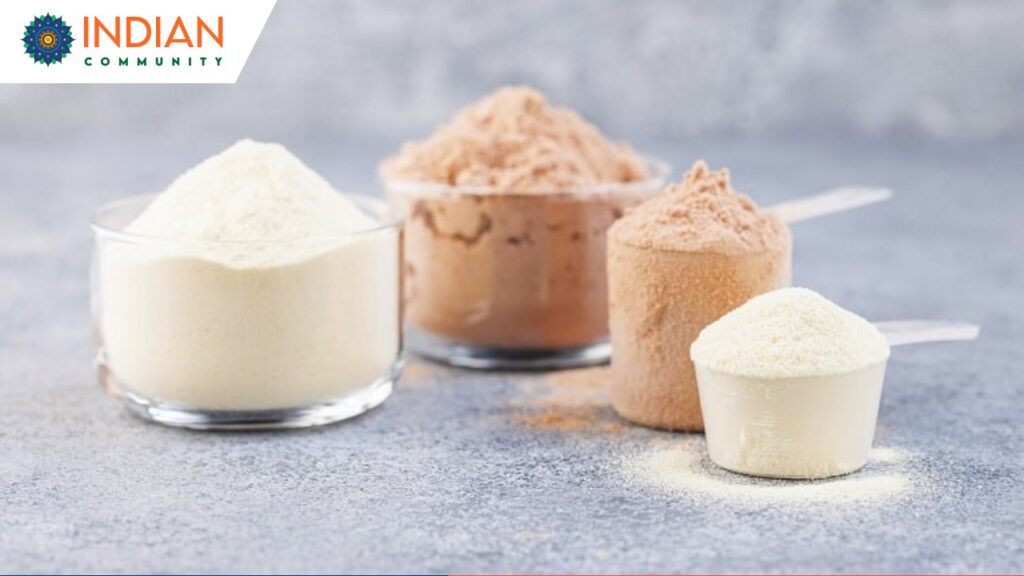Weight loss powders are marketed as quick and convenient solutions for shedding extra pounds. But are they really safe? Understanding their risks and benefits is crucial before incorporating them into your routine.
What Are Weight Loss Powders?
Weight loss powders typically include protein, fiber, and other ingredients designed to suppress appetite, boost metabolism, or promote fat loss. These powders may contain plant-based or milk-based proteins, vitamins, minerals, artificial flavors, and sometimes added sugars.
They are often mixed into smoothies, milk, or water as meal replacements or supplements.
Are They Safe? Key Risks to Consider
While weight loss powders might seem like an easy way to lose weight, they come with potential risks:
1. Lack of Regulation
Weight loss powders are considered dietary supplements, meaning the FDA does not rigorously regulate their safety or labeling. This leaves room for misleading claims and potentially harmful ingredients.
2. Hidden Ingredients and Contaminants
- Added Sugars: Some powders contain excessive sugar, leading to high calorie content that can result in weight gain rather than loss.
- Heavy Metals and Toxins: Studies, such as those by the Clean Label Project, have found contaminants like lead, arsenic, and BPA in certain protein powders, which pose serious health risks.
3. Digestive Issues
Powders containing dairy-based proteins like whey or casein may cause discomfort for people with lactose intolerance or milk allergies. Common symptoms include bloating, cramps, and diarrhea.
4. Risk of Overconsumption
Relying on powders for your daily protein intake can lead to exceeding recommended levels, causing strain on kidneys, dehydration, or even nutrient imbalances.
Are There Benefits?
Under specific circumstances, weight loss powders can be useful, such as:
- For People with Reduced Appetite: Those struggling to meet their daily protein needs, like older adults or patients recovering from illnesses.
- For Healing Wounds or Recovery: Extra protein can support the body in recovering from surgical wounds or severe injuries.
- For Quick and Controlled Nutrition: When monitored by a healthcare provider, they can be a convenient way to meet dietary requirements.
Alternatives to Weight Loss Powders
Instead of relying on powders, focus on whole foods that are safer, more nutritious, and free from harmful chemicals:
- High-Protein Foods: Eggs, lean meats, fish, legumes, and low-fat dairy products.
- Healthy Snacks: Nuts, seeds, or Greek yogurt provide both protein and essential nutrients.
- Balanced Meals: Combine proteins, complex carbs, and healthy fats for sustainable weight management.
How to Use Weight Loss Powders Safely
If you decide to use weight loss powders, follow these tips:
- Consult a Professional: Only use powders under the supervision of a healthcare provider or dietitian.
- Check Labels: Look for powders without added sugars, artificial flavors, or unnecessary additives.
- Choose Trusted Brands: Opt for products tested for contaminants by independent organizations like the Clean Label Project.
Weight loss powders can offer convenience, but they are not a magic solution and come with several risks. Instead, prioritize whole foods to achieve your weight loss and health goals. If you do choose to use powders, do so with caution and proper guidance.
Remember, sustainable weight loss requires balanced nutrition, regular exercise, and healthy lifestyle changes—not just a scoop of powder.

